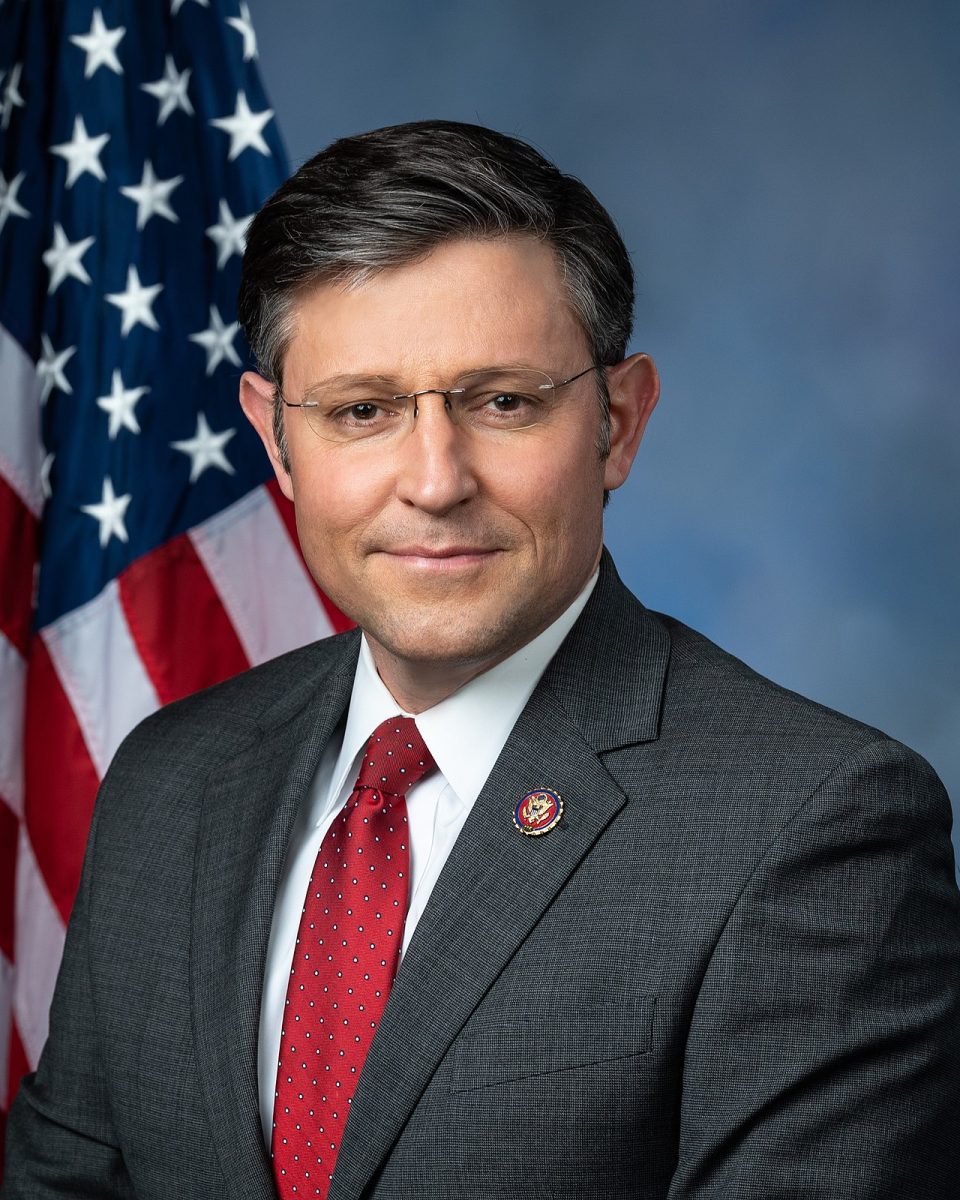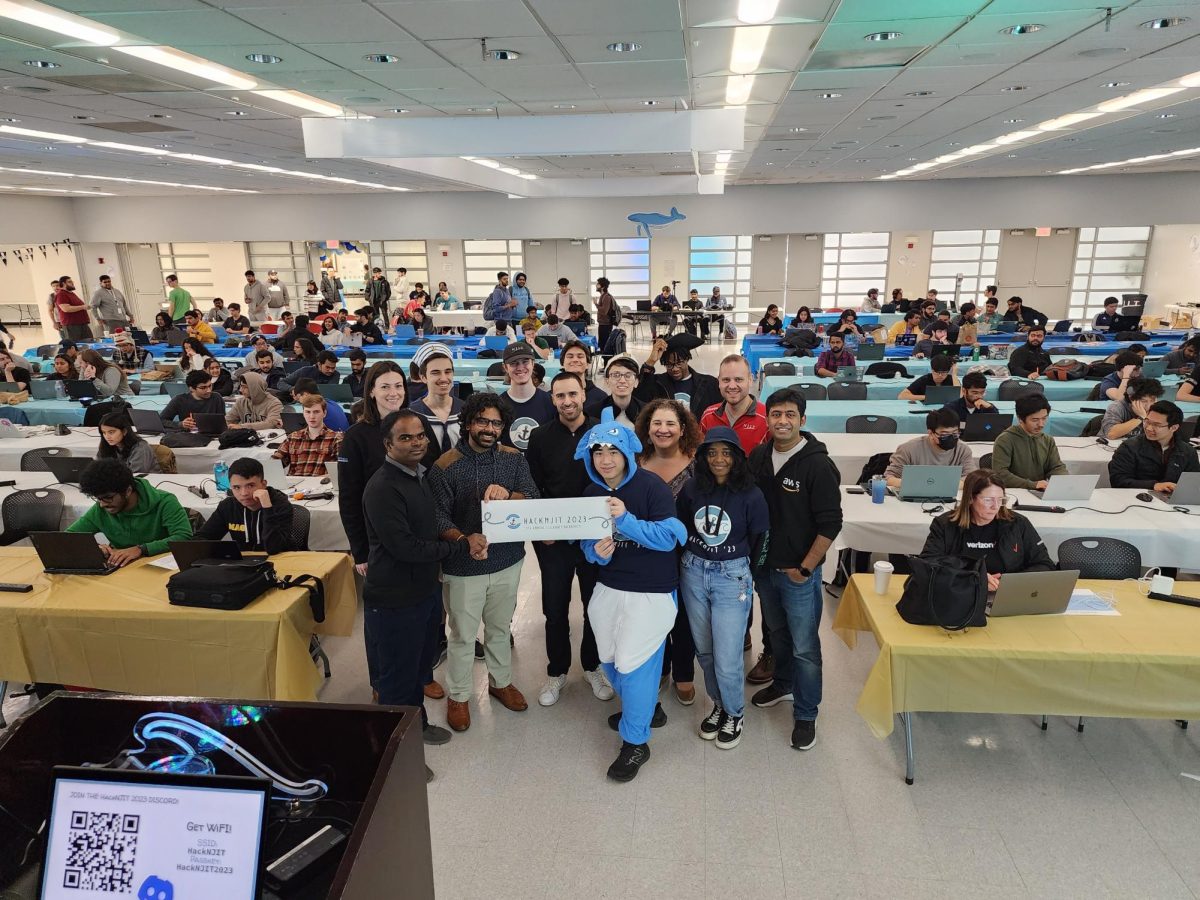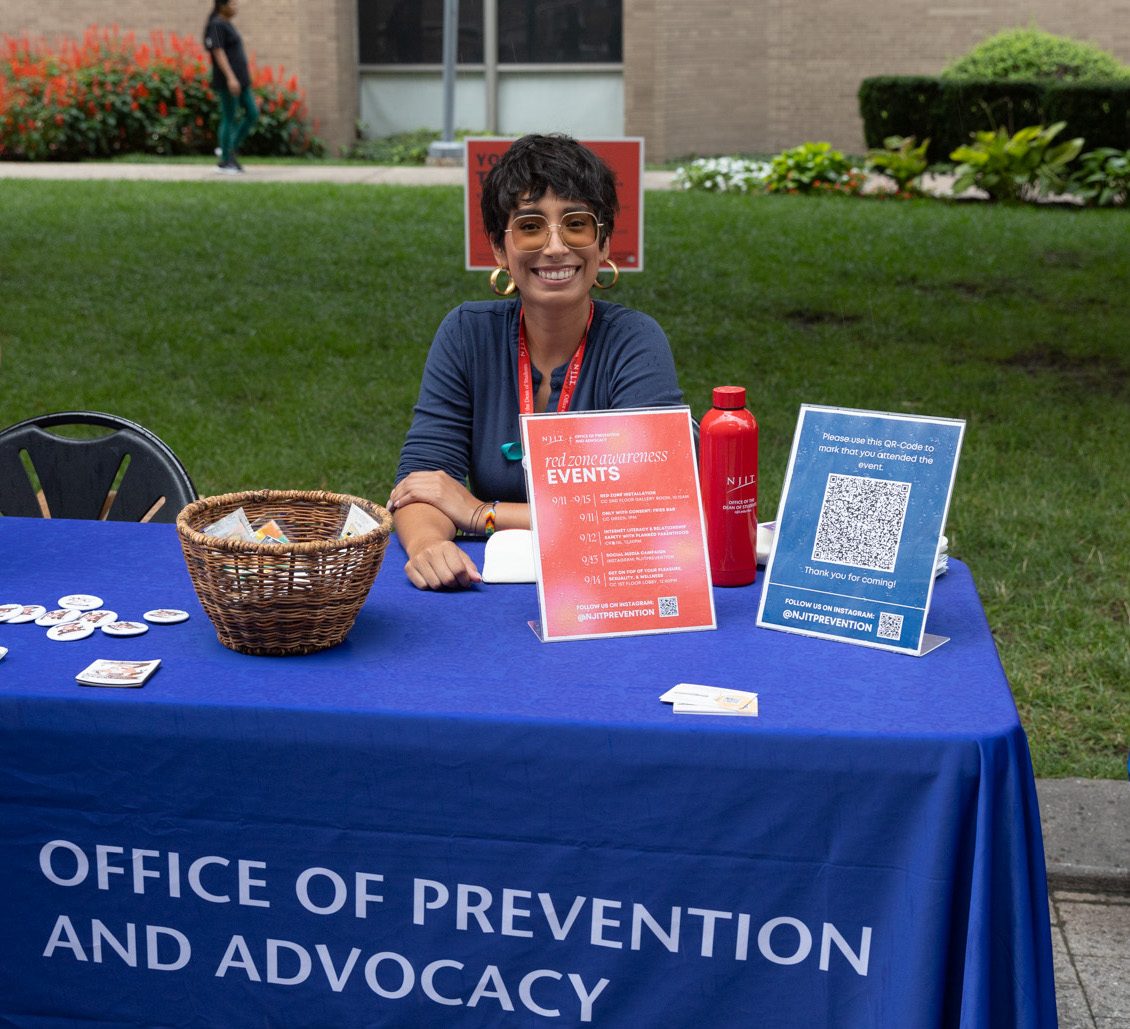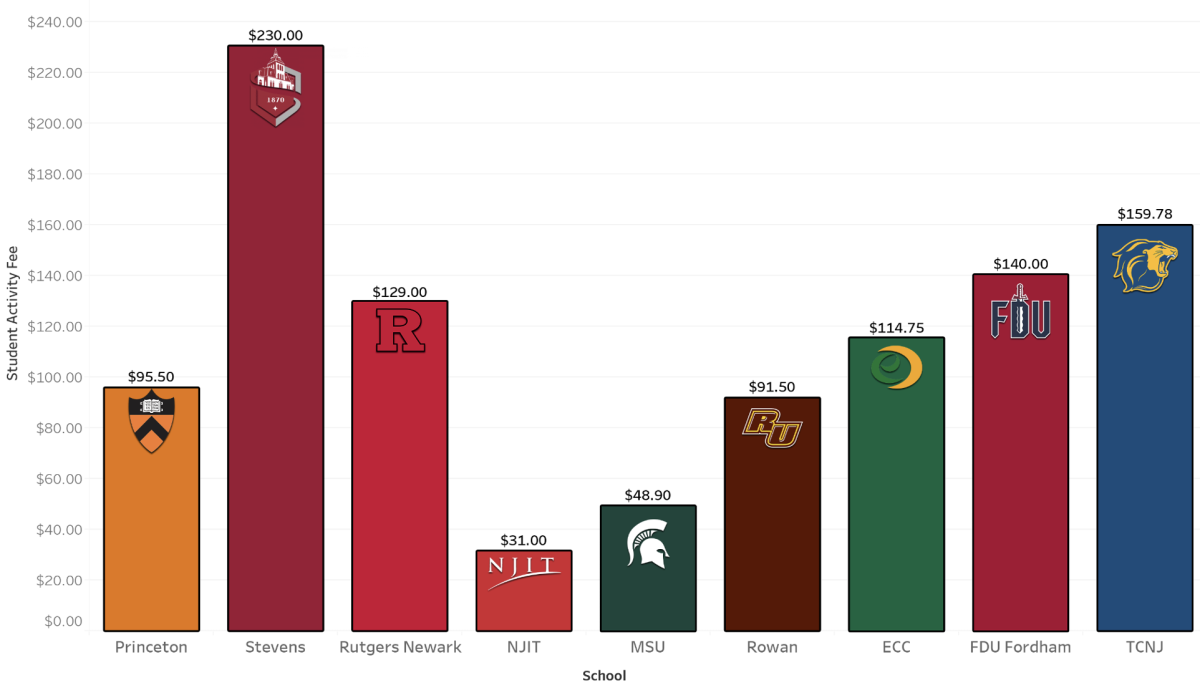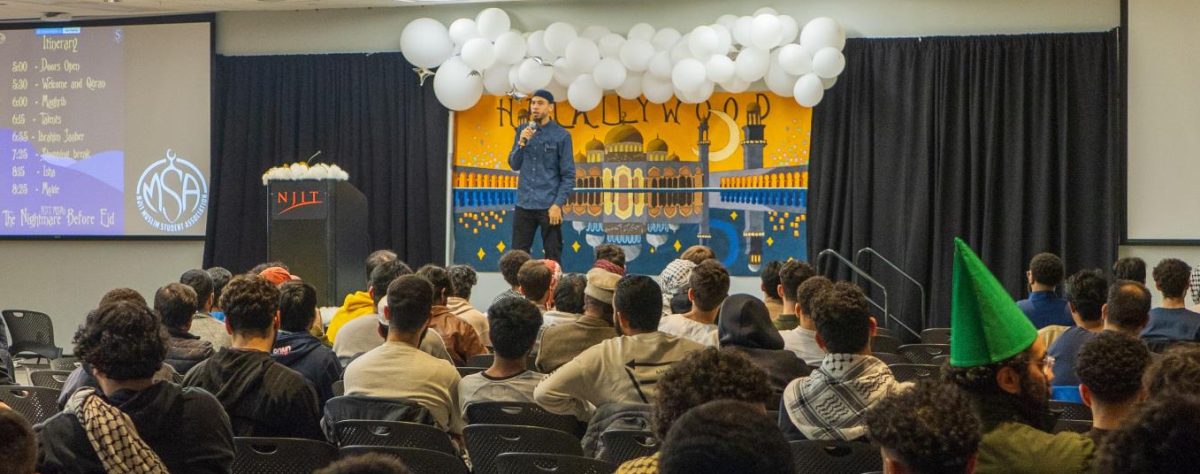On Sept. 15, NJIT’s Faculty Senate voted to make teaching classes in-person in Spring 2021 voluntary for the university teaching staff. While some vocal participants of the meeting were concerned about the health of faculty and their family as well as the quality of education being provided online, others voiced concerns about NJIT fulfilling commitments to their students who came and paid for an in-person education and the possibility of teaching staff choosing to stay home out of convenience.
The proposal, known as Motion 12, states, “Given that the state of the COVID-19 pandemic in Spring 2021 is not clear, in person teaching in Spring 2021 should be voluntary.” After an extended back-and forth on the motion, it came down to an anonymous vote, with the motion passing with 12 Yes votes, 9 No votes and 2 Abstentions.
Associate Biology Professor Daniel Bunker, who was vocal in support of the motion, said that, “if COVID-19 is gone, then there’s no reason to have that opt-in in place, but if COVID-19 is bad come January, then that’s a problem, and of course we’d need to make these plans now, and we are making them now…. But the intent of that was simply, if we’re in a COVID-19 situation, give instructors the option to volunteer to teach on campus, but not have the university force them to teach on campus.”
Denis Blackmore, professor in the Mathematical Sciences department, President of Faculty Senate, said that university administration has worked with the Faculty Senate over the summer to ensure that the needs of NJIT’s employees are met as well as those of the students, saying that “the administration has been extremely accepting and willing to listen.”
Blackmore cited the case of the University of Akron as a possible result if NJIT did not come back to in-person classes for the fall semester. The university planned to lay off 100 union faculty members, some of which were tenured. Retirements and resignations lowered that number to 70, but following arbitration with the union, those faculty members were laid off due to COVID-19 related budget issues. University of Akron also had to eliminate several positions that were unfilled, reorganized 11 colleges to five and cut several sports programs.
Meanwhile, NJIT’s enrollment has only decreased by 65 undergraduates and 135 graduate students from last year’s numbers according to a statement from President Joel Bloom at the Faculty Senate meeting. A relatively stable enrollment along with pay cuts throughout the university has allowed NJIT to close their budget gaps without any layoffs.
Without in-person classes, there is no guarantee that NJIT would be in the same position that it is in now. As Blackmore put it, “The university has to run its business.”
“Personally,” Bunker said, “it doesn’t much matter to me. But, what matters is I imagine if my elderly mother, if she were living with me, I would not teach in person. I couldn’t do it because it would expose her to the virus, and it will probably kill her if she got it. And I know that there are people out there that have similar concerns. Instructors where if they’re in that kind of a situation, there’s no recourse except to take a leave under the Family and Medical Leave Act, which lets you take a leave of absence, but you don’t get paid while you’re caring for someone.”
For the fall semester, only instructors with approved medical conditions were allowed to opt out of teaching classes in person.
“I think that if the COVID-19 were so bad in the spring that that many people would want to opt out,” Bunker continued, “then the university shouldn’t be open anyway, probably.”
University Provost and Senior Vice President Fadi Deek stated that “We always appreciate the feedback we receive from the faculty on their views and positions on important issues including this topic. However, as we continue to increase our campus presence and move steadily toward normalcy, so should our academic and administrative processes.”
Another proposal that is still under consideration by the Faculty Senate is Motion 13, which says: “All instructors have the right to choose the modality of their course delivery in consultation with their academic supervisors and in accordance with learning objectives and best practices from a set of agreed upon options based in the five modalities accepted by NJIT, including fully in-person (COVID-19 conditions permitting), hybrid, Hi-Tech, converged, and fully remote.”
Passing this motion with subsequent approval from university administration would allow teaching staff to choose their teaching mode based on what they and their department think is best suited to their classes, as opposed to the current blanket approach of converting 100- and 200-level courses and labs to converged classrooms.
Regarding NJIT returning to campus with converged classrooms, Senior University Lecturer Maria Stanko, from the biology department, said, “They accomplished what they wanted to do, but it doesn’t fit for some classes.”
Senior Humanities University Lecturer Kyle Riismandel, said that, “as a general principle and as a matter of academic freedom, I, and I would venture most instructors, strongly support professors choosing the modality of their class in consultation with their Chair and department to achieve the learning objectives of that course. I believe this should also hold true for spring. Instructors know best how to effectively teach their topics to their students, particularly as they reflect on their fall experiences with remote and converged teaching. Ultimately, converged teaching should not be pursued simply as a value in and of itself, but should only be used when it best serves the learning objectives of a course.”
Speaking on the effectiveness of converged classrooms, Riismandel said, “I was actually in the pilot program at NJIT a few years ago. I found that it can be a powerful way to reach our students who have many obligations outside of class and may have trouble coming to campus on a regular basis. However, what I also learned in the pilot courses was that converged teaching was simply difficult to do effectively even under ideal circumstances because it requires special skills, training, technology, and a large amount of assistance.”
“I actually asked to teach in person this fall,” said Bunker, “because I was slated to teach a new course—a seminar course that will be best done face-to-face—so I asked to teach it that way, but unfortunately they declined to approve that because they needed space for other courses, which is fine.”
“Much thought and efforts are put into constructing the course schedule,” said Deek. “The delivery mode of the courses we offer must be consistent with our students’ needs and enrollment norms. Furthermore, course scheduling, including delivery mode, is in the purview of the chairs, deans and senior academic leaders.”
“Instructors opting to teach in one modality,” Riismandel said, “such as fully online would reflect their reasoned judgment about how best to teach their courses to achieve learning objectives. I don’t see that as a concern or a problem but as the way the system should work. If teaching our students effectively is not the goal of our curriculum, I don’t know what is.”































